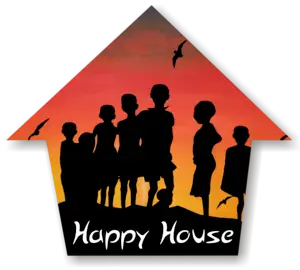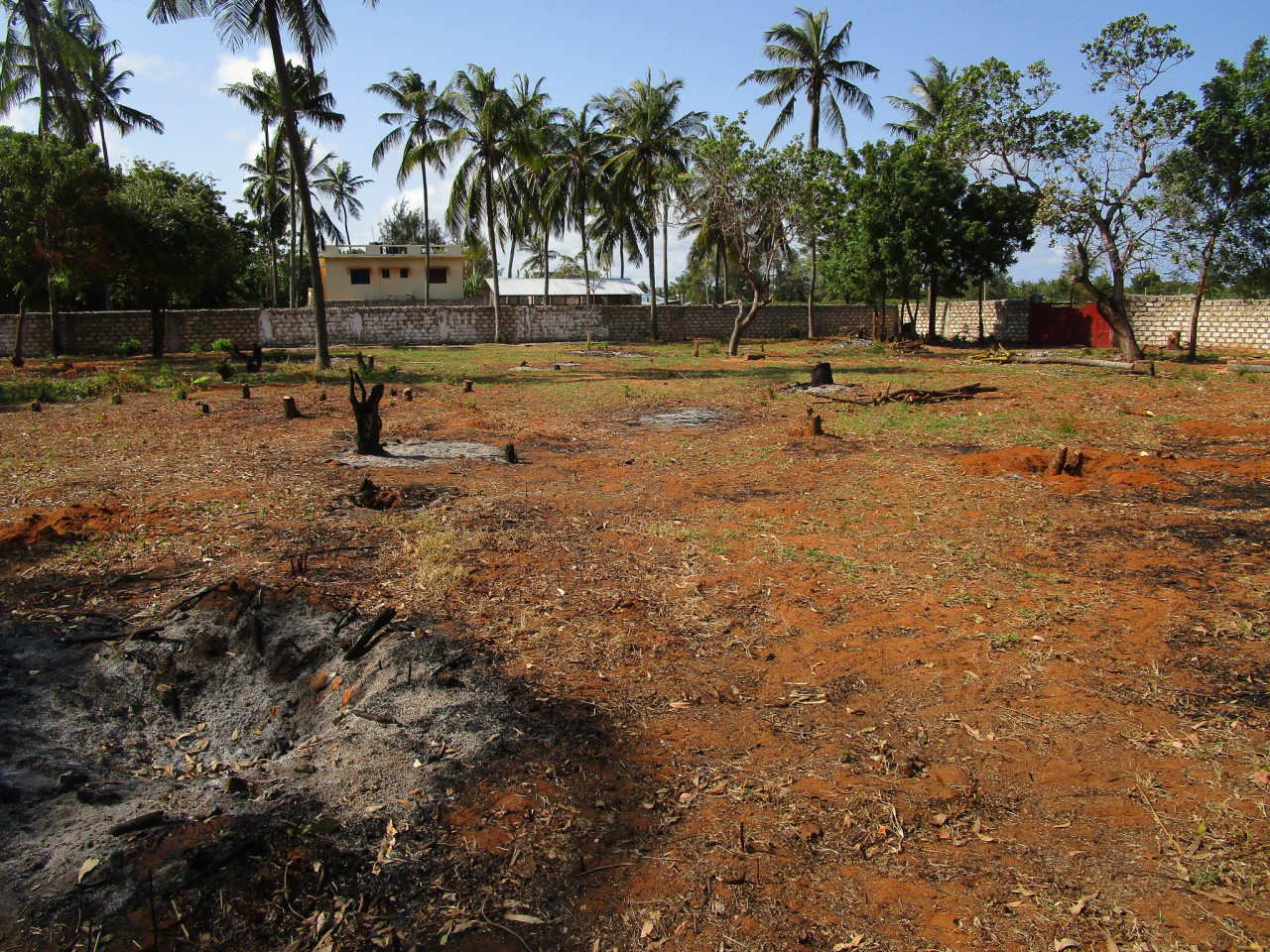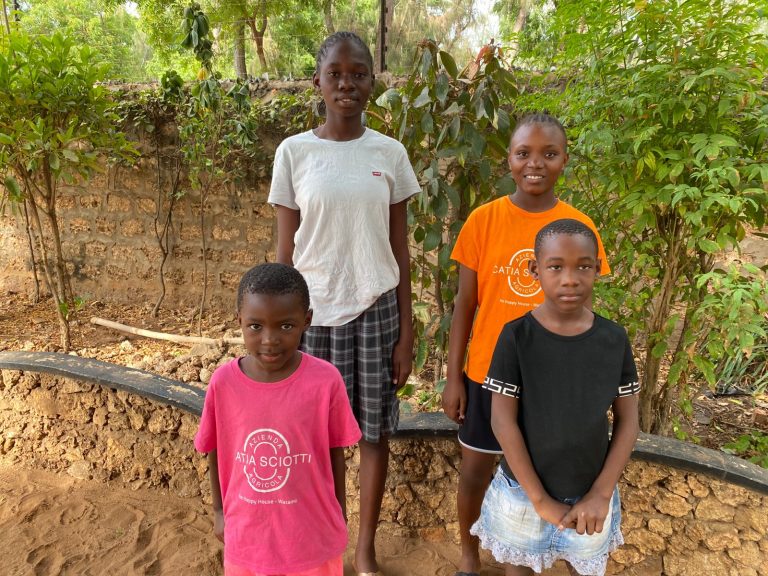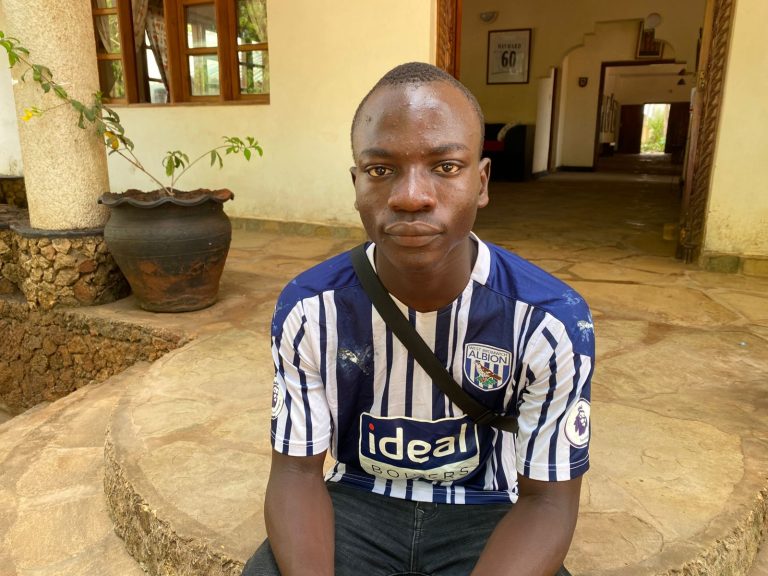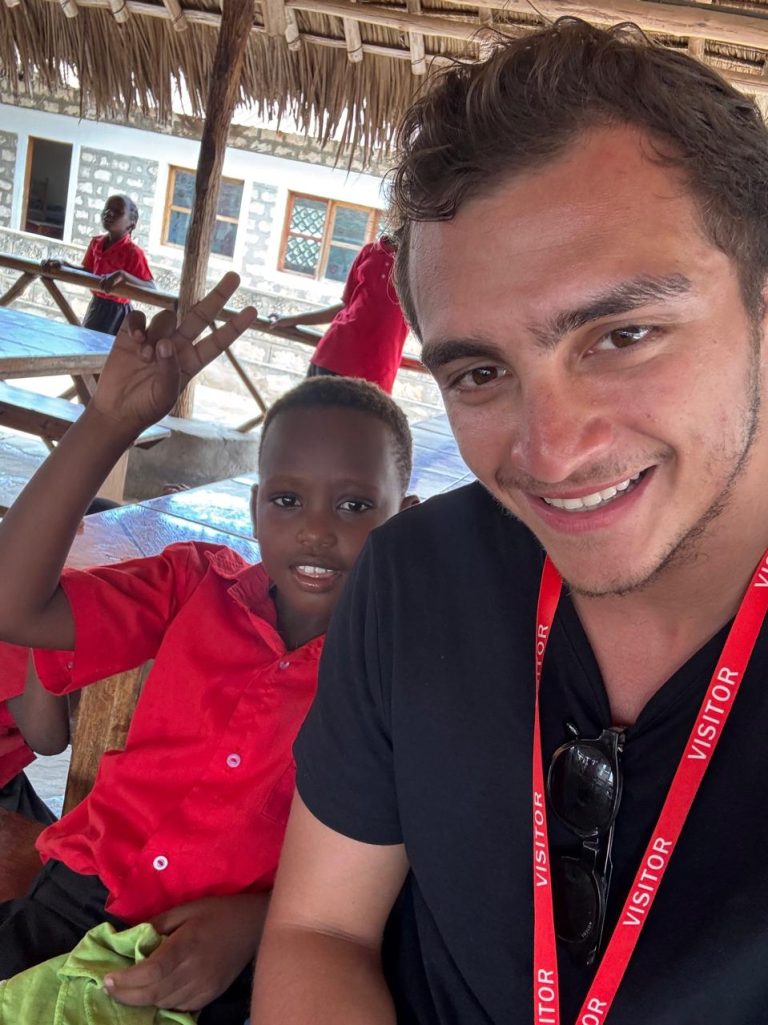Following yesterday’s blog, we bring you the formal proposal to create a Halfway House for young people who, at the age of 18, must leave our residential care but do not have any familial support for accommodation whilst they are in further education or establishing themselves in the workplace.SUMMARY OF PROPOSALThis is an outline proposal for the development of semi-independent accommodation for young people leaving the care of the Happy House Children’s Home in Watamu.The project consists of two 2-bedroom apartments and two studio apartments providing accommodation for a maximum of six young people. The land is already under the ownership of the Children Of Watamu charity. The approximate cost of securing the land with a perimeter fence, preparing the site and building the apartments is 50,3335 GBP at an exchange rate of 140ksh to 1GBP)BACKGROUNDThe Children of Watamu Happy House is a Charitable Children’s Institution (CCI) which is registered with The Charity Commission for England and Wales Registered Charity No. 1098731. The Home is also registered in the Republic of Kenya CS No 000573. The Happy House was established by Sue and David Hayward who were regular visitors to Watamu. Eventually Sue and Dave moved permanently to Watamu and, in response to the unmet need they observed during their visits, they started by building a school.By 2010 Sue had developed a Children’s Home which admitted its first group of children in March 2020. Very quickly the small group expanded to 104 children aged from a few months old up to early teens. Some of the children had been abandoned, some had lost parents through illness, some had been abused and some were referred by local children’s groups and communities as mothers could not afford to feed them and they children were at risk of starving. From the outset the Home aimed to maintain close contact with any relatives they were aware of with the aim of eventually preparing children for a supported return to the family group once they were in a position to care for them. Unfortunately not all the children had known family. Many did not have birth certificates so family could not be traced. Of those who did have family and a safe environment to return to, fifty children have been integrated back into local communities with members of their extended families and this has been closely monitored. The Happy House has provided outreach visits and funding for school fees to ensure a smooth transition and that the needs of the children are being met.LEGAL& POLICY CONTEXTThere is a strong legal and policy framework for residential care. The Children’s Act 2022 replaced the Act of 2001. The Act contains important provisions related to children’s right to care including parental responsibility, fostering, adoption, custody, maintenance, guardianship, care and protection of children. The National Council for Children’s Services (NCCS) is the policy-making, co-ordination, regulatory, advocacy and advisory body and the Department of Children’s Services (DCS) the mandated government body to implement children’s services including care.The Charitable Children’s Institutions Regulations 2005, Guidelines for the Alternative Family Care (AFC) of Children in Kenya 2014 and The National Standards for Best Practices in Charitable Children’s Institutions (CCI) 2013 have provided the framework within which the Happy House operates. Children are required to leave CCIs at the age of 18 years.STRATEGIC CONTEXTThe Government commissioned an assessment of the care system in Kenya and this resulted in the publication of Kenya National Care System Assessment in July 2020. While the 2020 Assessment acknowledged that legal and policy frameworks for residential care were in place, it drew attention to how the policies are delivered and monitored and areas which need strengthened included gate-keeping mechanisms, management and leadership, staff training, complaints mechanism, permanency planning, addressing the needs of children with disabilities, and supervision for the reintegration of children to families from residential care.The emphasis is on preventing admission to CCIs, reducing the length of stay in CCIs and facilitating early return to the community.The Assessment, along with other research, helped inform the National Care Reform Strategy for Children in Kenya 2022-2032. The development of the Strategy, with the support of UNICEF, is the result of over a ten year effort by the Government to put in place laws, policies and regulatory framework that will promote the shift in practice from over reliance on institutionalised care of children without parental care or at risk of separation to more use of family-based and community-based care for such children.LOCAL CONTEXT AND IMPLICATIONS FOR THE HAPPY HOUSEWatamu is a small village on the coast which relies heavily on tourism. Unemployment is high and there are few career opportunities.Suitable safe accommodation to rent is limited. Children from the Happy House receive a good education at the Happy House School and many are capable of and keen to continue with their studies at a higher level. Others leave school and are interested in completing an apprenticeship in a trade such as plumbing, mechanics etc. The dilemma is, once they reach the age of eighteen, they can no longer reside in the Happy House. They have no income to pay rent andrental properties that are in a safe area close to the Happy House where they can get support and maintain links with their siblings and support network are hard to find. Currently there are three young people who have successfully moved to independent accommodation while working and studying part time.One of them is staying in temporary accommodation provided by the Happy House Director Rose Pendo but a more permanent solution is required.There is a cohort of young people who are turning eighteen over the next few years.The Social Worker Elina is trying to prepare them for independence by facilitating a ‘Moving On’ group. This may prepare them emotionally and teach them basic life skills but it does not solve the accommodation problem.The Happy House has a motto, “Once a Happy House Kid, always a Happy House Kid”.This was to instil a feeling of security, identity and belonging in children who had been abandoned or let down by adults in their life. The other children in the Happy House are part of our family and, like any family, we will continue to support our children into adulthood.Families look after each other. We want to help these young people fulfil their full potential. That is the purpose of this proposal.DETAILS OF PROPOSALIt is proposed to build two 2-bdroom apartments and two studio apartments. This would give the flexibility to let friends live together and also to have single gender accommodation. The site is close enough to the Happy House that the young children can receive emotional support from the staff there, maintain their support networks and also maintain links with any younger siblings still living in the Happy House.COSTS2 units 2 bedroom+2 bedsit units Ksh 6,202,000£ 44,3002 perimeter wall ksh 410,000 £ 3,000Installing powerksh 40,000£ 286Water connectionksh30,000 £ 214 Boreholeksh 140,000£ 1,000Land clearing (trees)ksh 15,000 £ 107Water tower and Tank ksh185,000 £ 1,321Iron gates ksh50,000£ 357Total cost £ 50,585Costs based on exchange rate @ 140 ksh to GB pound
